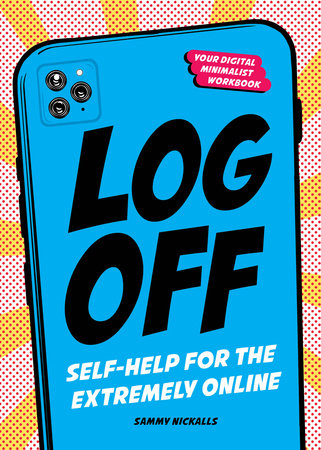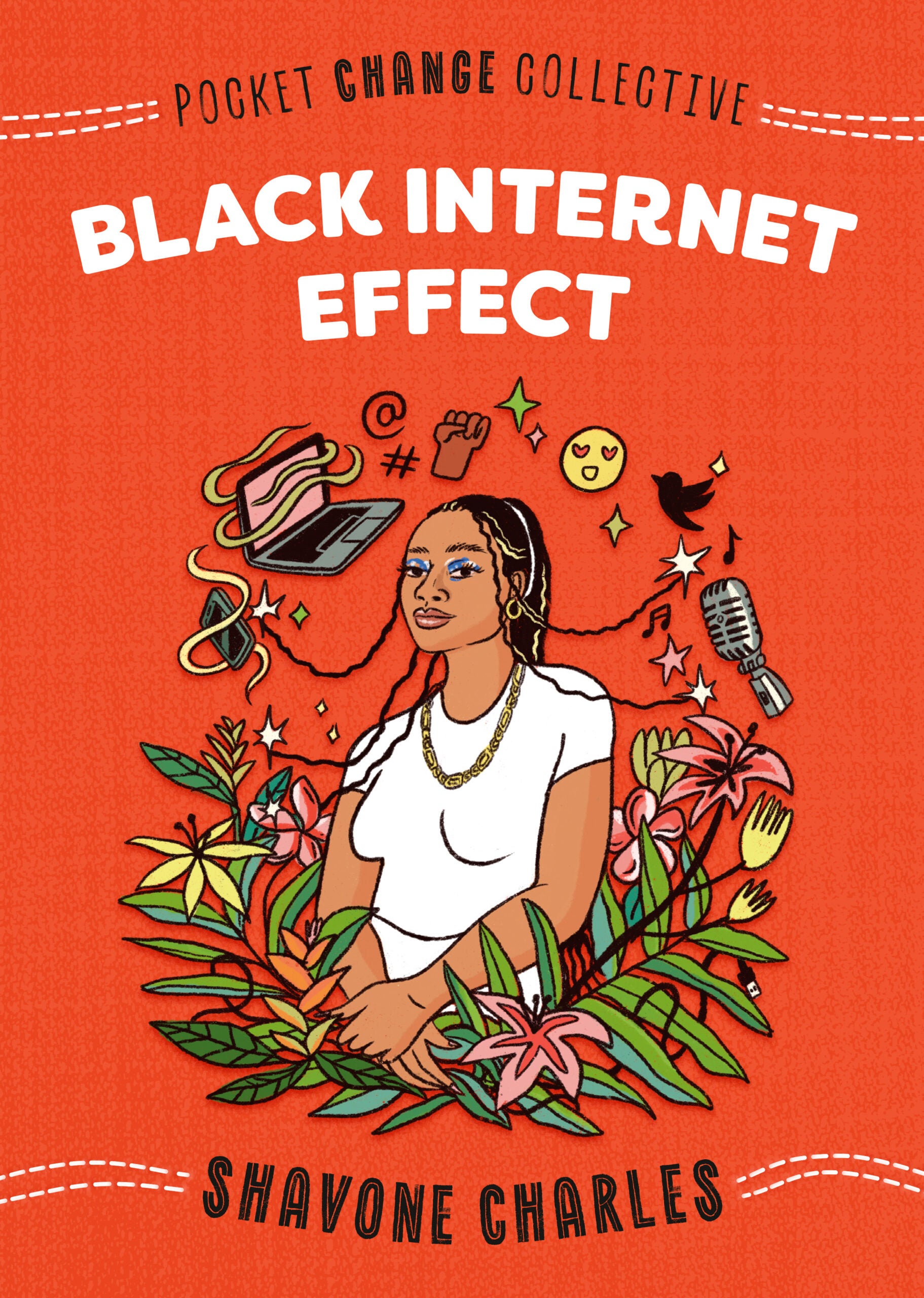Introduction: Logging Off Is Hard to DoIsn’t it obnoxious when someone goes on and on about “digital detoxing”? Like, we get it, you think you’re “evolved” or whatever.
Besides, I’d say that by now, most of us have grasped the concept that being on your phone too much is Bad. It’s been shoved in our faces by the news with clickbait and shocking chyrons; preached to us by older generations who jump at the chance to talk about how social media wasn’t around when they were growing up; and detailed in (admittedly terrifying) documentaries like
The Social Dilemma.
So what’s the problem? In a nutshell, studies show that in 2020, American teens spent an average of seven and a half hours on their phone daily--and that we should be spending less than two hours a day on screen time if we want to, ya know,
not be miserable.
Let’s be real, though: it’s just not that easy! Within our screens are also our friends, our connections, our networks, and--particularly during the pandemic--our strongest link to the world at large. Like, try detoxing from
that, buddy.
But after years of rolling my eyes at what then felt like a stuffy holier-than-thou platitude, I was forced to reconsider when I hit ultimate burnout. For the majority of my twenties, I had spent my life online and depended on it for my career, but I had started to let it control me. Not comprehending that it was an impossible feat, I tried to structure my life at the pace of the internet, packing my schedule with Twitter friend meet-ups and news events and work obligations and lord knows what else. It didn’t even occur to me until it was too late that I didn’t really want to be doing any of it, because I was just so
tired. And all the while, I was refreshing my feeds, trying to figure out how I could be more, more,
more, not realizing I already was enough, just how I was.
Eventually, I ended up in the hospital with a neurological condition, and I shut down all my social media for six months.
I’ve since come back online, but as I’ve worked to improve my self-esteem and adopt a healthier way of living, I’ve had to learn how to manage my boundaries with social media and my phone so I can use it in a way that
doesn’t make me want to launch myself into a volcano. And here’s a shocker for you: it’s helped me love myself so, so much more.
If you’ve picked up this book, you probably already feel like you should use your phone a little less. But I promise that if you stay with me (and don’t abandon the book for your phone, as tempting as it may be!), you won’t just learn how to decrease your screen time--you will stop
wanting to use your phone, because life around you will seem so much sweeter by comparison.
Copyright © 2022 by Sammy Nickalls. All rights reserved. No part of this excerpt may be reproduced or reprinted without permission in writing from the publisher.
















